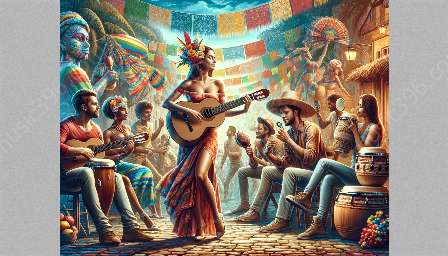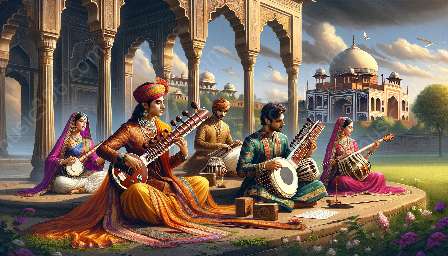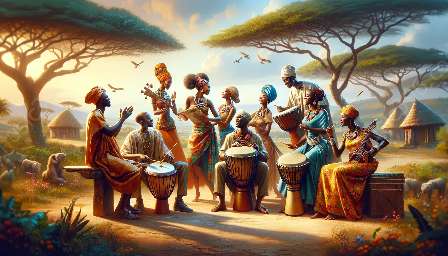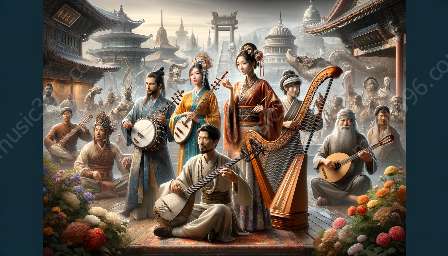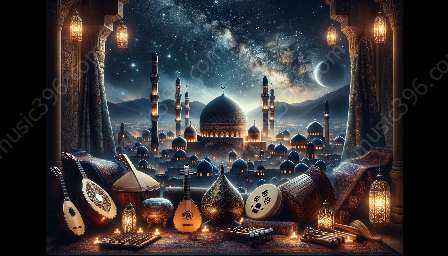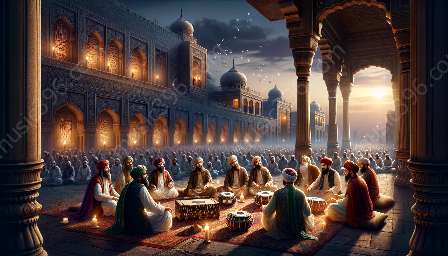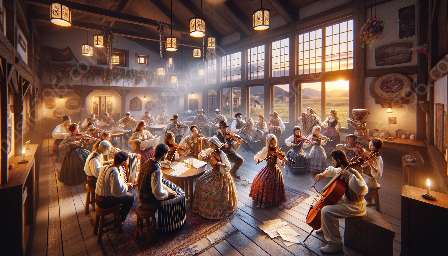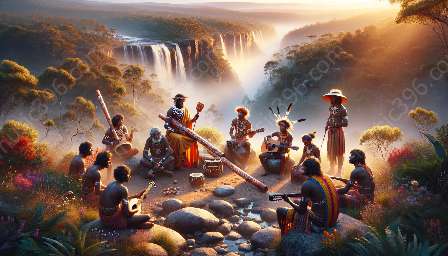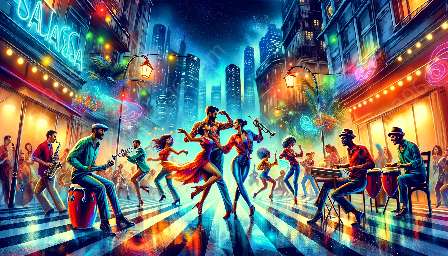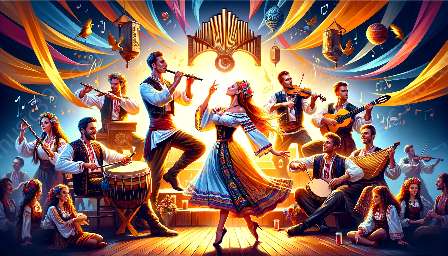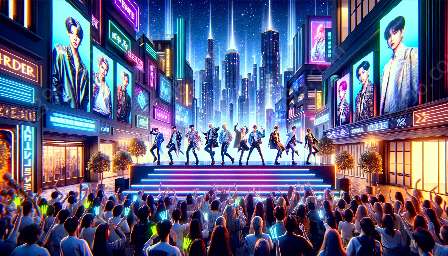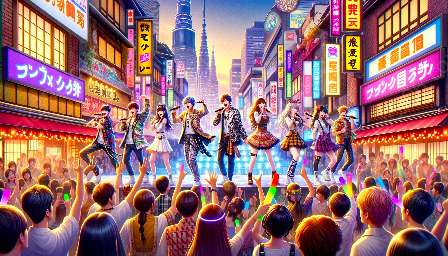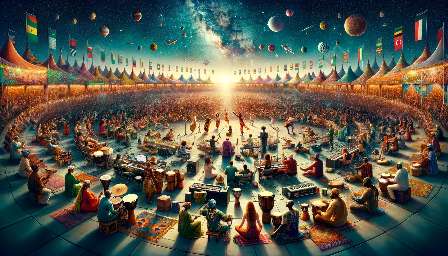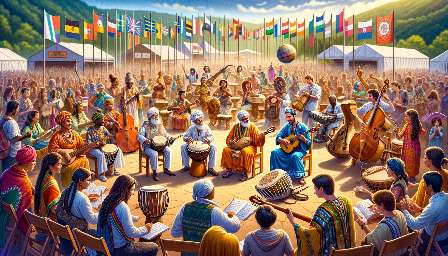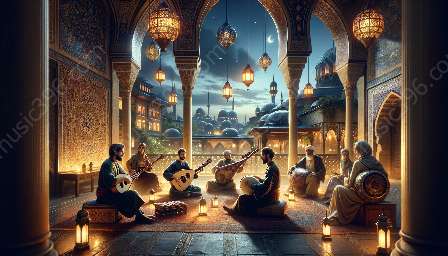Reggae music has long been a powerful force in the representation of gender and sexuality within society. Through its distinctive rhythm and lyrics, reggae music has explored complex themes related to gender, sexuality, and social commentary, particularly within the Caribbean and world music genres.
The Origins of Reggae Music
Before delving into the representation of gender and sexuality in reggae music, it is important to understand the origins of this influential genre. Reggae music emerged in Jamaica in the late 1960s and is deeply rooted in various musical traditions, including ska, rocksteady, and mento. It carries with it a rich history of storytelling and social commentary, addressing a wide range of societal issues.
Exploring Gender Roles in Reggae Music
Reggae music has often depicted traditional gender roles and societal expectations. Historically, the portrayal of masculinity and femininity in reggae lyrics and performances has been a subject of critical examination. The depiction of women in reggae music has varied from objectification to empowerment. Female artists such as Marcia Griffiths and Judy Mowatt have played essential roles in challenging traditional gender norms in reggae, using their music as a platform to advocate for women's rights and equality.
Conversely, reggae also provides a space for male artists to express their perspectives on gender and sexuality. Through their lyrics, male reggae artists have offered insights into the complexities of masculinity, challenging stereotypes and advocating for positive forms of masculinity.
The Role of Sexuality in Reggae Music
Sexuality is another key theme that has been addressed in reggae music. From romantic ballads to explicit commentary, reggae presents a diverse spectrum of sexual expression. In the context of Caribbean music, reggae has often been a medium for exploring relationships, intimacy, and love. However, it is important to acknowledge that reggae music has also been criticized for perpetuating homophobic attitudes, with certain artists and songs promoting anti-LGBTQ+ sentiments.
Impact on Society and Activism
Reggae music, with its influence on the Caribbean and world music scenes, has played a significant role in shaping societal perceptions of gender and sexuality. Through its lyrics and rhythms, reggae has been a force for social commentary and activism, addressing issues of gender inequality, LGBTQ+ rights, and the empowerment of marginalized communities.
Furthermore, reggae music has contributed to the visibility and recognition of LGBTQ+ individuals within the Caribbean music industry. Artists such as Buju Banton, who previously expressed homophobic sentiments, have undergone personal and public transformations, acknowledging the need for inclusion and acceptance within the reggae community.
Representation in World Music
Within the broader context of world music, reggae's representation of gender and sexuality has resonated with global audiences. The universal themes of love, empowerment, and social change portrayed in reggae music have transcended geographical boundaries, influencing discussions on gender and sexuality worldwide.
Conclusion
Reggae music has served as a platform for exploring the representation of gender and sexuality, offering a lens through which societal norms and attitudes are scrutinized and reimagined. Its impact on society, particularly within the Caribbean and world music genres, underscores the power of music as a catalyst for social change and understanding.

